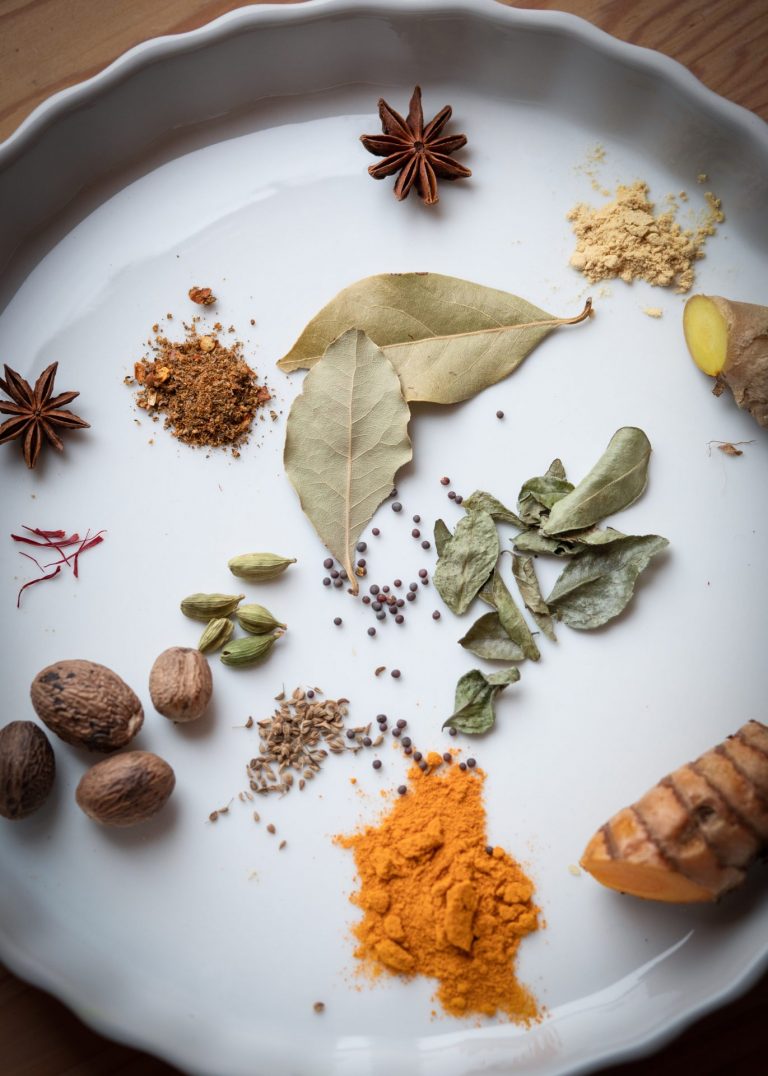Our Eating Habits: Amorous or Amoral?
Remember the film Amelie? One of my all time favourites, filled with endearing characters, particularly the rude shopkeeper’s one armed assistant. His deep affection for the vegetables he sells struck a chord with me. Watching him lovingly caress his little endives is a reminder of the amorous relationship that should always exist between food and ourselves.
Total respect and appreciation for the fruits of the Earth is what constitutes something in ayurveda we call sattvic attitude. It is loving kindness and deep understanding of the sacrifice that is being made by using nature’s resources for food. Eating means killing, either plants or animals. Every eater in the food chain has to kill in order to be nourished. They themselves will end up, humans, other animals and plants alike, becoming food for someone or something at some point. The act of ending a being’s life deserves that at least we eat with gratitude and make the food as satisfying and nourishing as possible. We want to choose fresh items, cook with kindness, give time for eating and not waste it staring at a screen and finally let the body rest for a moment after it’s all done. People who do this this usually eat less, feel more satisfied and have less cravings between meals. Surprisingly, it has been tested that they would also be willing to pay more for the meal they’ve eaten.
Food itself has value in increasing our ability to make right choices around our meal planning. Fresh produce from the season is sattvic in nature, if enjoyed as described above. It elevates the mind and helps us to regenerate in sync with each season’s requirements. Spring harvest helps us to detox, summer harvest cools and hydrates, autumn harvest helps to build a healthy winter coat, fat reserves that we need during cold months. When in sync with nature’s cycles our cravings are directed towards the seasonal produce. What a joy it is eating seasonal foods prepared with love and enjoyed with full appreciation of the beautiful flavours! That’s what I call amorous eating.
What’s on the other side of this spectrum? The rude shopkeeper, of course, possibly a mindless consumer of food. He eats in front of the telly after having nuked it in the micro. You can consider eating fast food on the go to be the most ungrateful, amoral way of consuming your food. Eating is the most important task in your life. You are what you eat and you are also how you eat it. When you prioritise work or other things ahead of your meals, you are missing the point of how to be healthy and satisfied, have little or no digestive concerns, high levels of energy and stable moods.
Wouldn’t it be lovely if we could all stop and eat our lunch at peace, rest without guilt for 15 minutes after? No chance, says Mr Business, for now. There is a tendency, according to this article, to allow workers to take a nap or a rest during the working hours. After all, it is productivity that is at stake! There is consensus based on robust research that a nap or a rest guarantees better productivity. Time is money but how productively we use our time is a different thing. Tired caffeinated folks with bad eating habits does not sound like the right action combo.
Energy and wellbeing to a large extent are a result of the food we eat and how we eat it. We can’t expect any of that if we keep side-lining the importance of cooking, sitting to eat and letting the body to digest at peace. You wonder why Mediterranean folks, like in the film Amelie, are considered to be the healthiest in the world. Well, they still stick mainly to the seasonal, healthy, happy, fatty, seasoned food eaten with appreciation, followed by a nice guilt free siesta.
I’m not suggesting that you start hitting on your endives or cheekily winking at your cucumbers (or, in fact, any other food items, for that matter). Just enjoy more mindfulness, especially as we approach a period of abundance on our tables. Avoid, or at least do your best to refrain from eating processed foods and generally overindulging. Quality over quantity, take your time in enjoying lovingly cooked and delicious seasonal food, chewing well, leaving 3-4 hours between each meal. With that regimen, you could, if you wanted, eat 8 meals in 24 hours! Jokes aside, enjoy your Christmas meals in peace and harmony!
Happy, safe and peaceful holidays,
Anu & the Team





Leave a Reply
You must be logged in to post a comment.